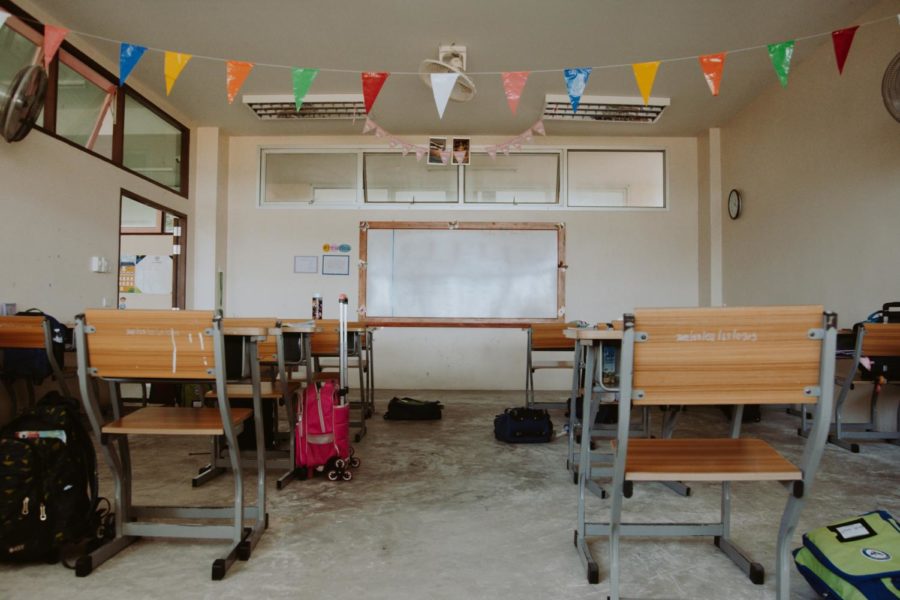Taliban deny Afghan women right to education
Without women and girls in schools, the Taliban will not be recognized as the formal government of Afghanistan by Western countries.
January 11, 2023
On Dec. 20, the Taliban placed an indefinite ban on women attending universities in Afghanistan. The next day, armed guards were stationed outside universities, barring female students, who had attended classes the previous day, from entering.
In the early 1990’s, a group of Sunni Islamic fundamentalists colluded, promoting stability and order following four years of country-wide conflict and the withdrawal of Soviet troops. They seized power in 1996, calling themselves the Taliban, and immediately began enforcing laws adhering strictly to sharia, the guidance Muslims believe God gives them on worldly matters, a majority of which concerned women’s rights. From introducing heavy censorship laws to arresting men based on the length of their beards, the Taliban gained international attention. They ruled Afghanistan for five years before a US-led military coalition invaded the country. The US focused foreign affairs specifically on Afghanistan in self-defense in the wake of 9/11, as the Taliban were accused of harboring prime suspects Osama Bin Laden and al-Qaeda.
When the Taliban took control of the country again last year, they initially promised to respect women’s rights. As the year progressed however, minor changes to what women were allowed to do, originating with a ban on secondary school for women and then studying subjects such as economics, engineering and journalism, escalated to a complete ban on education on half of the population.
“The girls are obviously just as capable as the males in my classes, and it would be really unfortunate if they didn’t have access to those higher-level classes or just classes in general,” Mrs. Jillian Watkins, AP Calculus AB and GT Pre-Calculus teacher, said. “I teach only GT and AP this year, so those are upper level math classes and I would say they’re half [girls] and half [boys].”
The Taliban’s higher education minister has claimed the bans are due to women not observing dress rules and other Islamic laws, like female students travelling to school without a male guardian and interactions between male and female students. In Nov., women were barred from going to parks, gyms and public baths.
“If I were a female student in Afghanistan, I would feel that I am being controlled and my mental health would decline quickly,” Lily Moore (‘23), leader of the Health of Female Athletes club, said. “Women being educated is important to keep them on an even playing field with men.”
Today, Afghan women and the world are fighting back. Protests in Kabul, the capital of Afghanistan, started quickly following the decree and women involved were beaten or arrested.
“Education is a fundamental human right,” Ramiz Alakbarov, the United Nation’s Secretary General’s Deputy Special Representative for Afghanistan, said. “A door closed to women’s education is a door closed to the future of Afghanistan.”
Surrounding middle eastern countries, also notoriously behind on women’s rights, have condemned the decision and issued statements expressing their concern. They began applying pressure on the Taliban to reform when they took control of the country again last year and have been outspoken on elements of inclusivity.







